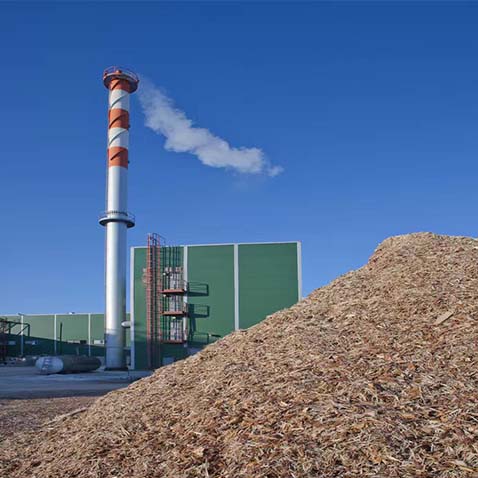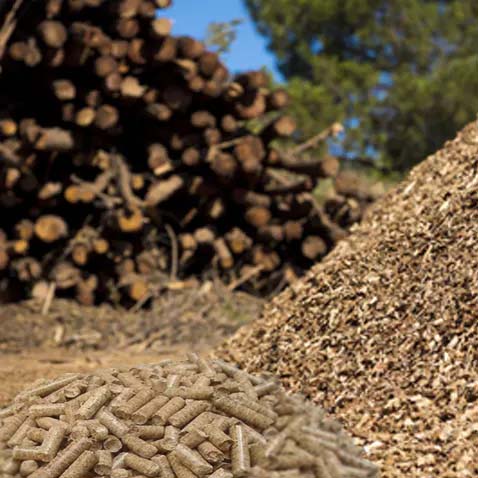OEM Wood Rice Husk Pellet Production Line Manufacturer
In the quest for sustainable rural development, innovative solutions are being sought to address the challenges faced by rural communities. One such solution that has gained significant attention is the utilization of Rice Husk Pellet Machines. These machines are not just a technological advancement but a catalyst for change in rural areas, transforming agricultural waste into a valuable resource.
Rice Husk Pellet Machines are engineered to convert rice husks, a byproduct of rice milling, into compact, eco-friendly pellets. Traditionally, rice husks have been discarded or burned, contributing to environmental pollution and waste. However, with the advent of Rice Husk Pellet Machines, these husks are now being repurposed, offering a dual benefit of waste reduction and energy generation.
The process begins with the collection of rice husks, which are then fed into the Rice Husk Pellet Machine. Inside the machine, the husks are subjected to high pressure and heat, which bind the particles together to form dense pellets. These pellets, known as rice husk pellets, have a higher energy density than the raw husks, making them an fuel source for various applications.
One of the primary ways Rice Husk Pellet Machines contribute to rural development is through job creation. The operation and maintenance of these machines require skilled labor, providing employment opportunities for local residents. Additionally, the collection and transportation of rice husks create further jobs, stimulating the local economy.

The environmental benefits of Rice Husk Pellet Machines are also significant. By converting rice husks into pellets, these machines help reduce the amount of agricultural waste that would otherwise be left to decompose or burned, contributing to air pollution. The use of rice husk pellets as a fuel source also reduces the reliance on fossil fuels, thereby decreasing greenhouse gas emissions.
In terms of energy security, Rice Husk Pellet Machines offer a locally sourced alternative to imported fuels. This not only reduces the financial burden on rural communities but also decreases their vulnerability to global energy price fluctuations. The production of rice husk pellets can be scaled up or down according to local demand, providing a flexible energy solution.
Rural development is also enhanced through the diversification of income sources. Farmers, who are traditionally dependent on crop sales, can now generate additional income by selling their rice husks to Rice Husk Pellet Machine operators. This diversification helps to stabilize their income and reduces the risk associated with crop failure due to weather or market fluctuations.
The use of Rice Husk Pellet Machines also promotes sustainable agriculture. By providing a market for rice husks, these machines encourage farmers to adopt practices that minimize waste. This, in turn, can to improved soil health and increased crop yields, as the recycling of rice husks can enrich the soil with valuable nutrients.

Education and awareness about the benefits of Rice Husk Pellet Machines are crucial for their successful integration into rural communities. Workshops and training sessions can be organized to educate farmers and local entrepreneurs about the operation and maintenance of these machines, as well as the market opportunities for rice husk pellets.
Investment in Rice Husk Pellet Machines can also to the development of small and medium-sized enterprises (SMEs) in rural areas. These enterprises can specialize in the production and distribution of rice husk pellets, creating a new industry that supports local economies and contributes to rural development.
Government policies and incentives can play a significant role in promoting the use of Rice Husk Pellet Machines. By offering tax breaks, low-interest loans, or grants to farmers and entrepreneurs who invest in these machines, governments can stimulate the adoption of this technology and accelerate rural development.
In conclusion, Rice Husk Pellet Machines are a powerful tool for rural development. They not only provide a solution to agricultural waste management but also create jobs, stimulate local economies, and promote environmental sustainability. As more rural communities recognize the potential of these machines, the use of Rice Husk Pellet Machines is likely to expand, bringing about positive changes in rural areas worldwide.
